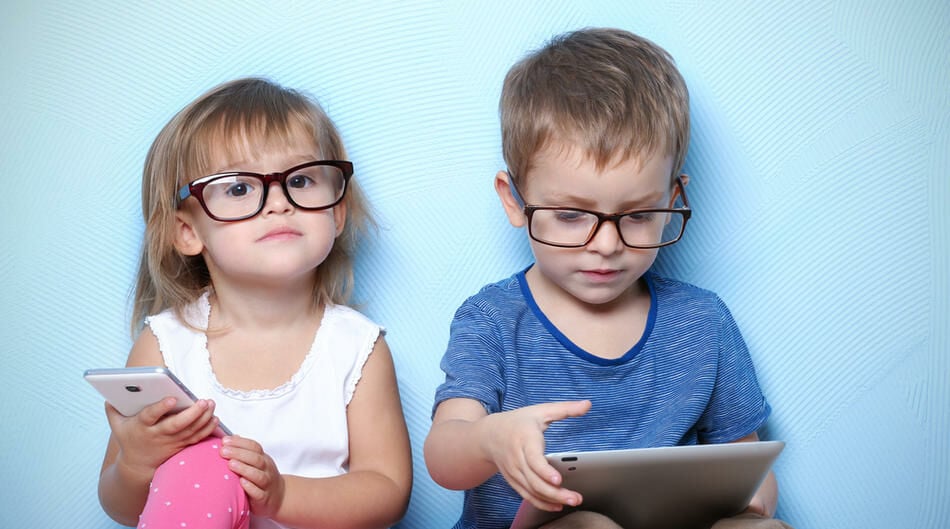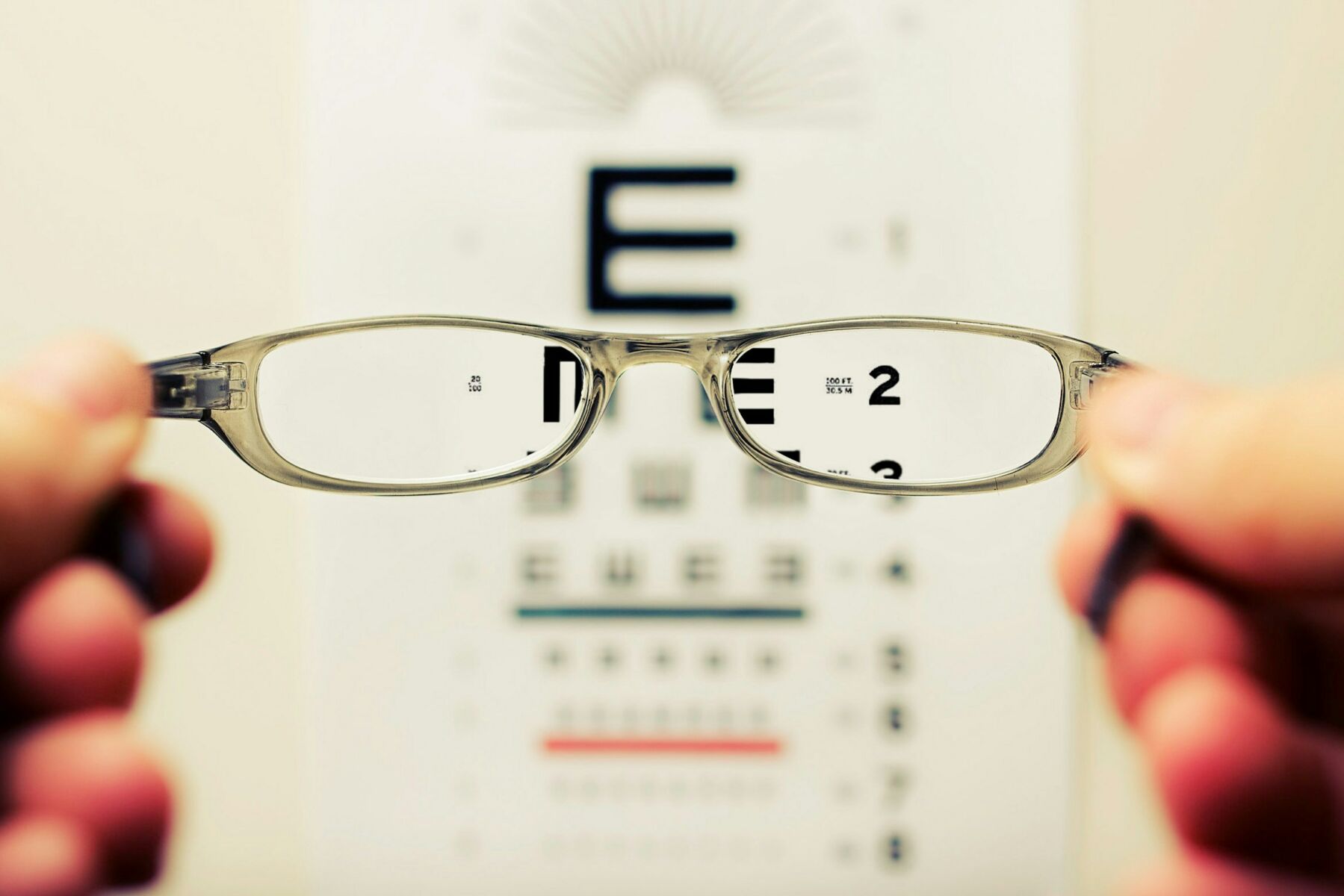Myopia is increasing among children in Thailand and also globally

In recent years, the world has witnessed a concerning surge in myopia among children, with Thailand particularly affected, reporting between 11 to 12% of school-going children affected by the condition.
Myopia, also known as nearsightedness, is a refractive error that causes distant objects to appear blurry while close objects remain clear. This condition not only impacts a child’s academic success but also poses long-term risks if left untreated.
Factors contributing to the rise of myopia
Several factors have been identified as contributors to the increasing prevalence of myopia among children. Excessive screen time, particularly from smartphones and computers, has become a significant concern. Studies indicate that myopic children spend considerably more time on electronic devices, exposing their eyes to blue light and contributing to eye strain and macular degeneration.
Additionally, decreased outdoor activities and environmental factors like pollution further aggravate the problem.

The impact of screen time on myopia
Experts on childhood education and mental health estimate that children in Thailand average about 5 to 6 hours per day looking at screens. This excessive screen time has been linked to a higher risk of developing myopia. When children spend prolonged periods focusing on screens, their eyes are strained, leading to potential vision problems.
Understanding myopia & early detection
Early detection of myopia is crucial for effective management. Symptoms may manifest subtly, including squinting, headaches, and difficulty reading the board at school. Parents are encouraged to take their children for regular eye exams, starting as early as six months old and before they start kindergarten. Early detection allows for timely intervention and treatment, reducing the risk of severe vision impairment.
The importance of outdoor time
One of the key preventive measures highlighted by experts is the importance of outdoor time. Studies have shown that children who spend more time outside are less likely to develop myopia than those who spend more time indoors. Sunlight exposure not only promotes eye health but also influences the release of dopamine, which helps in controlling eye growth and preventing myopia.

Treatment options
Addressing the rise of myopia requires a holistic approach. Apart from lifestyle modifications such as reducing screen time and increasing outdoor activities, there are also treatment options available.
A group of Thai researchers from the Faculty of Medicine Siriraj Hospital, Mahidol University, Bangkok have found that using low-dose eye drops containing atropine was effective in stopping the progression and reversing the condition of myopia in children.
Such remedies, alongside conventional treatments like corrective glasses or contact lenses, can help manage myopia effectively.
Clinical trials and research
Researchers are actively pursuing solutions to slow the progression of myopia in children. Clinical trials involving new medications and specialised contact lenses have shown promising results in slowing down myopia’s progression. Early screening and intervention play a pivotal role in preventing irreversible vision loss later in life.
Educating parents and healthcare professionals
Educating parents and healthcare professionals about the impact of screen time, outdoor activities, and early detection of myopia is crucial. Clinicians emphasise the importance of spending time outdoors as a preventive measure. By raising awareness and implementing preventive strategies, we can mitigate the growing burden of myopia among children in Thailand and globally.

Parents need to be proactive
Myopia remains a significant public health concern, particularly among children. With proactive measures, early detection, and lifestyle changes, parents can address this issue and safeguard the vision and well-being of future generations.
With the increasing rate of myopia in Thailand and especially throughout the globe, measures need to be taken. For parents concerned about their children’s vision problems and seeking experienced ophthalmologists for consultations, contact MyMediTravel for advice and appointments.
Latest Thailand News
Follow The Thaiger on Google News:


























